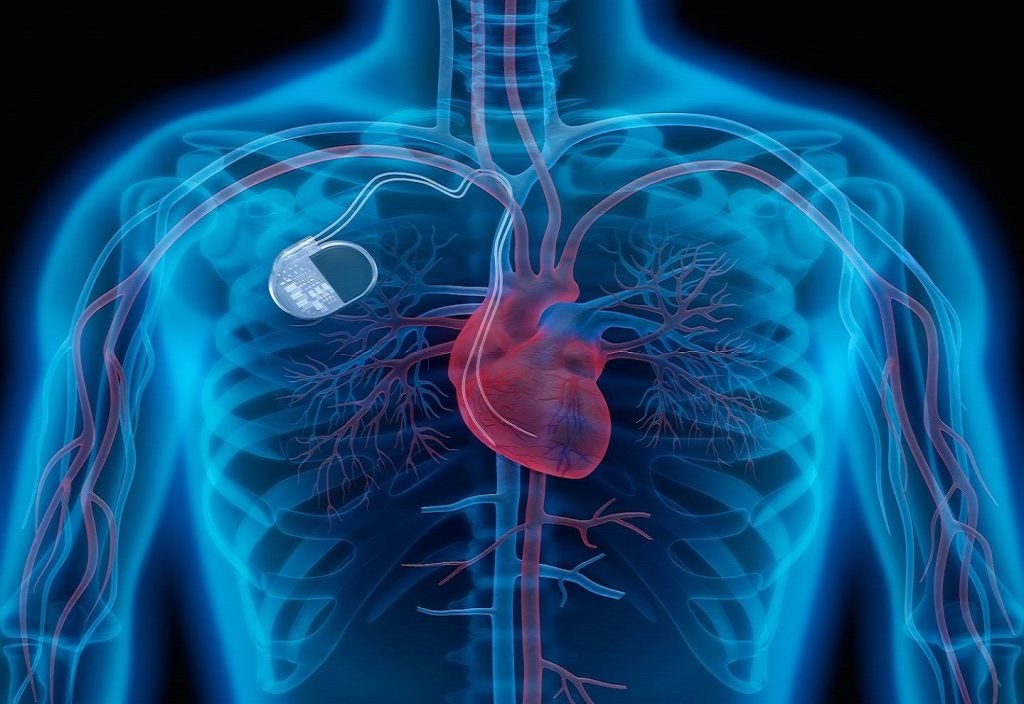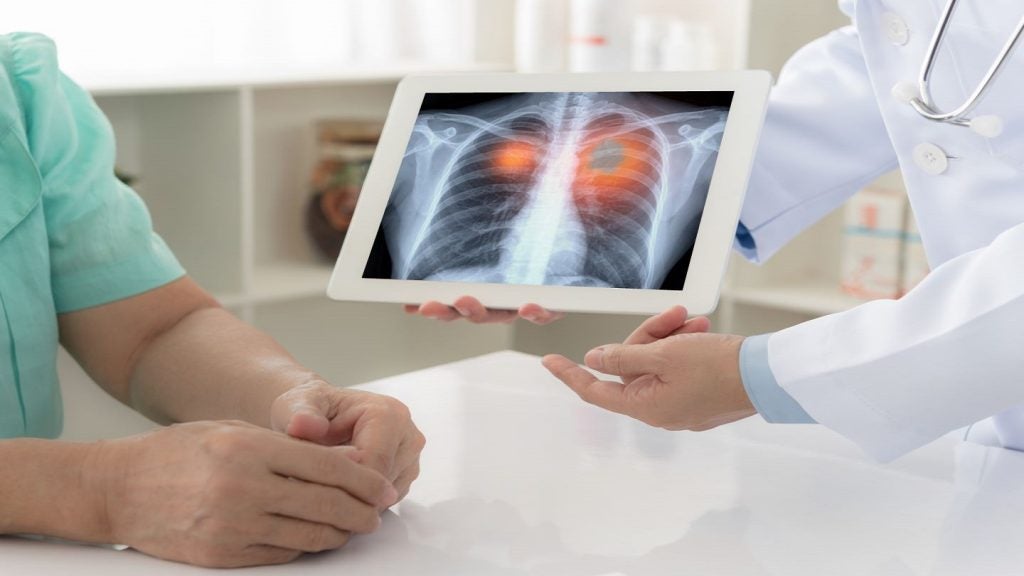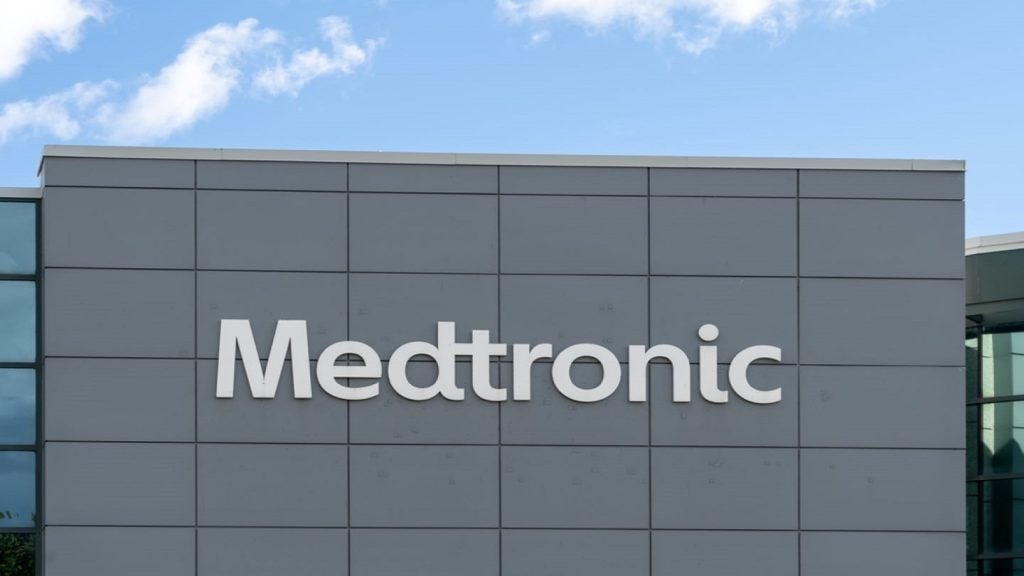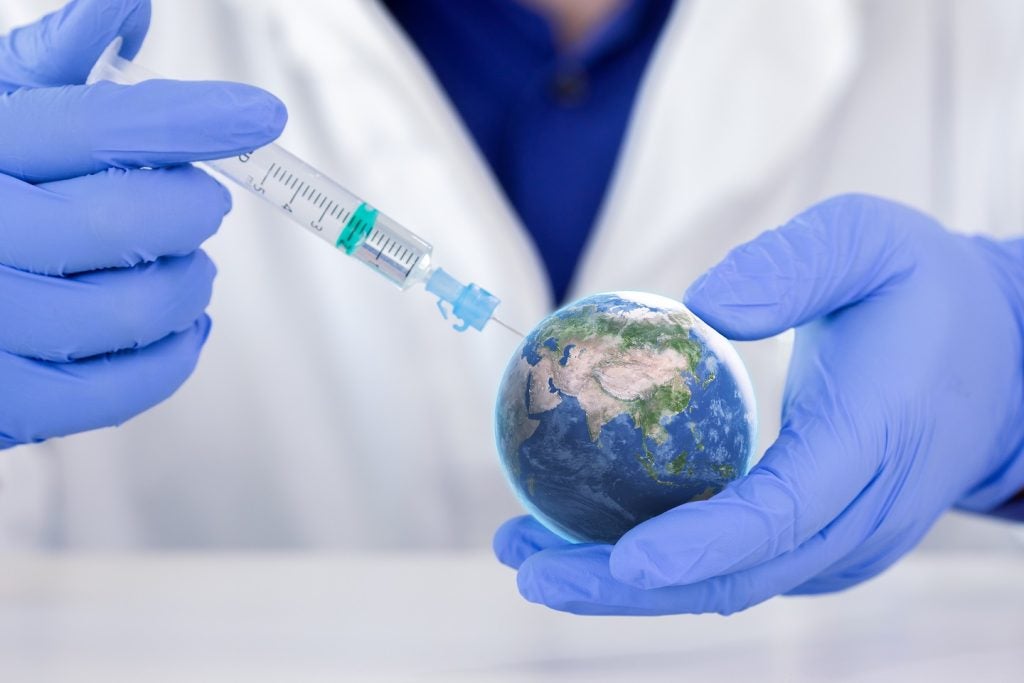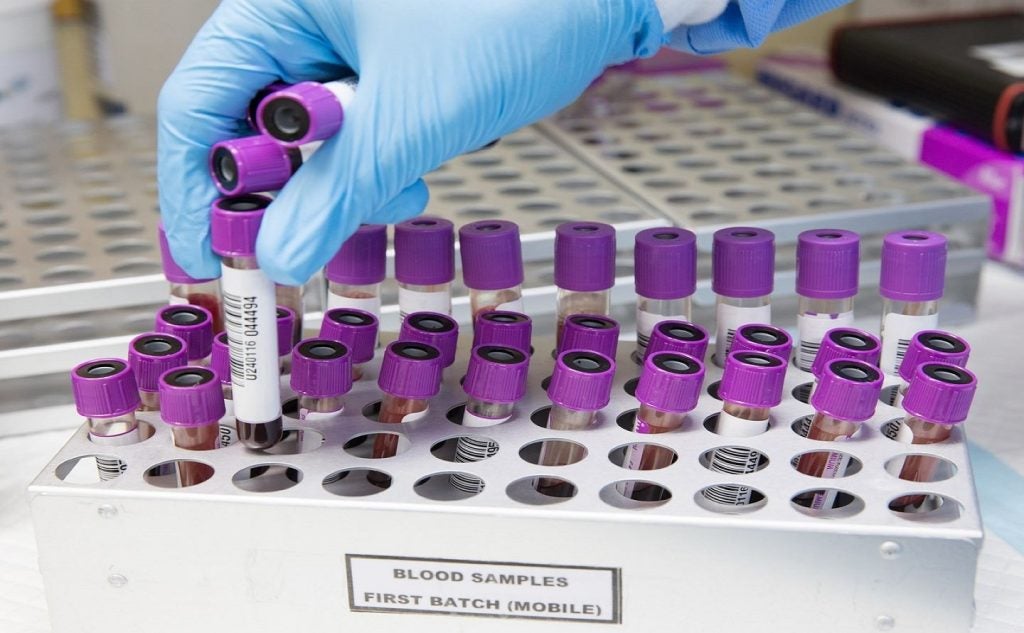Medical device company BaroPace has enrolled the first patient in its non-pharmacologic hypertension and heart failure treatment trial evaluating PressurePace.
Dubbed RelieveHFpEF-II, the first-in-human clinical study has been designed to assess the effectiveness and safety of the PressurePace algorithm.
The real-time closed-loop pacemaker control algorithm is intended for regulating a cardiac pacemaker based on blood pressure in patients with heart failure with preserved ejection fraction (HFpEF).
The double-blind, multicentre, crossover study being conducted in India will enrol 16 subjects with HFpEF caused by hypertension.
It will compare standard pacemaker therapy, which includes rate adaptive pacing through a pacemaker accelerometer, with PressurePace.
Patients with stable blood pressure and body weight after one week of baseline measurements will be randomised to three weeks of standard pacemaker therapy versus PressurePace (BaroPacing).
In the treatment group (BaroPacing), pacemaker programming adjustments are carried out two times a day at the patient's residence, while the standard treatment (placebo) group undergoes sham programming.
Improved exercise performance, safety and the Minnesota Living with Heart Failure Questionnaire are the primary endpoints of the study.
Atrial fibrillation incidences, frequency of hospitalisation and blood pressure control are the secondary endpoints.
BaroPace co-founder and CEO Michael Burnam said: “This milestone highlights our commitment to developing new, innovative non-pharmacologic technology that improves the quality of life and longevity of patients worldwide with resistant hypertension and HFpEF, two of the most important unmet needs in cardiovascular medicine.
“We look forward to the continued enrolment of subjects in RelieveHFpEF-II.”


